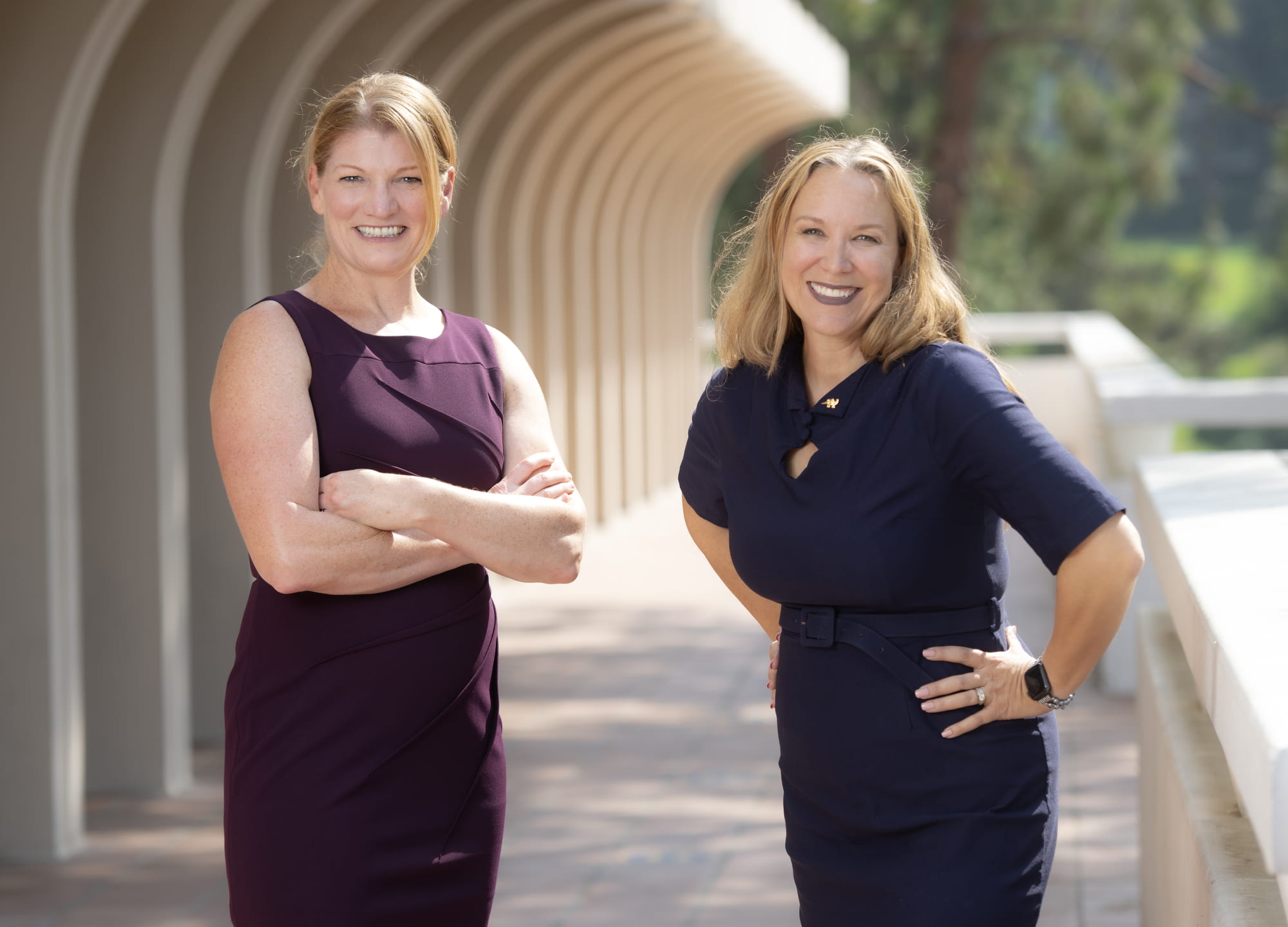Student bridges language, science learning
With the help of a Public Impact Fellowship, UCI’s Lauren Shea is developing innovative classroom strategies for learning English.

For seven years, Lauren Shea taught students to whom English was a second language in a Boston-area elementary school. Now at UC Irvine pursuing a doctorate in education, she’s researching how teachers can best help English learners catch up to their peers academically.
With a $10,000 Public Impact Fellowship from UCI’s Graduate Division, Shea is working with teachers to incorporate language learning into math and science lessons. Fourteen fellowships – four awards of $10,000 and 10 awards of $1,000 each-are awarded each spring to doctoral students whose research could benefit local, national or global communities.
“Many teachers of English learners lack specialized training in how to combine language and content instruction,” Shea says. “As a result, students’ needs are unmet and a high percentage fail to become literate in English or graduate high school.”
She’s looking at methods that entail student discussion of mathematical and scientific concepts in group and partner exercises. Talking with peers gives students a chance to organize their thoughts, exchange ideas and become aware of multiple perspectives – important skills to cultivate, Shea says.
“We want to change the custom of teachers lecturing hour after hour while students sit quietly at their desks,” she says. “One challenge teachers face is getting children to practice their language abilities throughout the day.”
Shea’s research is part of the UCI Center for Educational Partnerships’ Science & Math Impacting Learners of English program, which addresses the disparity between student need and teacher preparedness in math, science and language arts.
“Science and math provide a rich context for English language development,” says Terry Shanahan of CFEP, Shea’s project adviser. “You can teach language arts by using math and science concepts, and you’ll get the same benefit: a student who can speak and write coherent sentences using academic language.”
Shea traces her interest in languages back to age 12, when she learned to speak Spanish. She earned a bachelor’s degree in bilingual education from Boston University and a master’s in applied linguistics from the University of Massachusetts, Boston.
The instructional strategies are being tested in the Compton Unified School District, where elementary school teachers attend math and science workshops. The teachers discuss on a blogging Web site what works in their classrooms and what doesn’t.
“The fellowship will help pay for technology as well as travel costs, so these teachers can attend educational conferences and share what they’ve learned from the online and classroom experience,” Shea says. “I’m thrilled to be able to give them – and their students – the support they deserve.”

